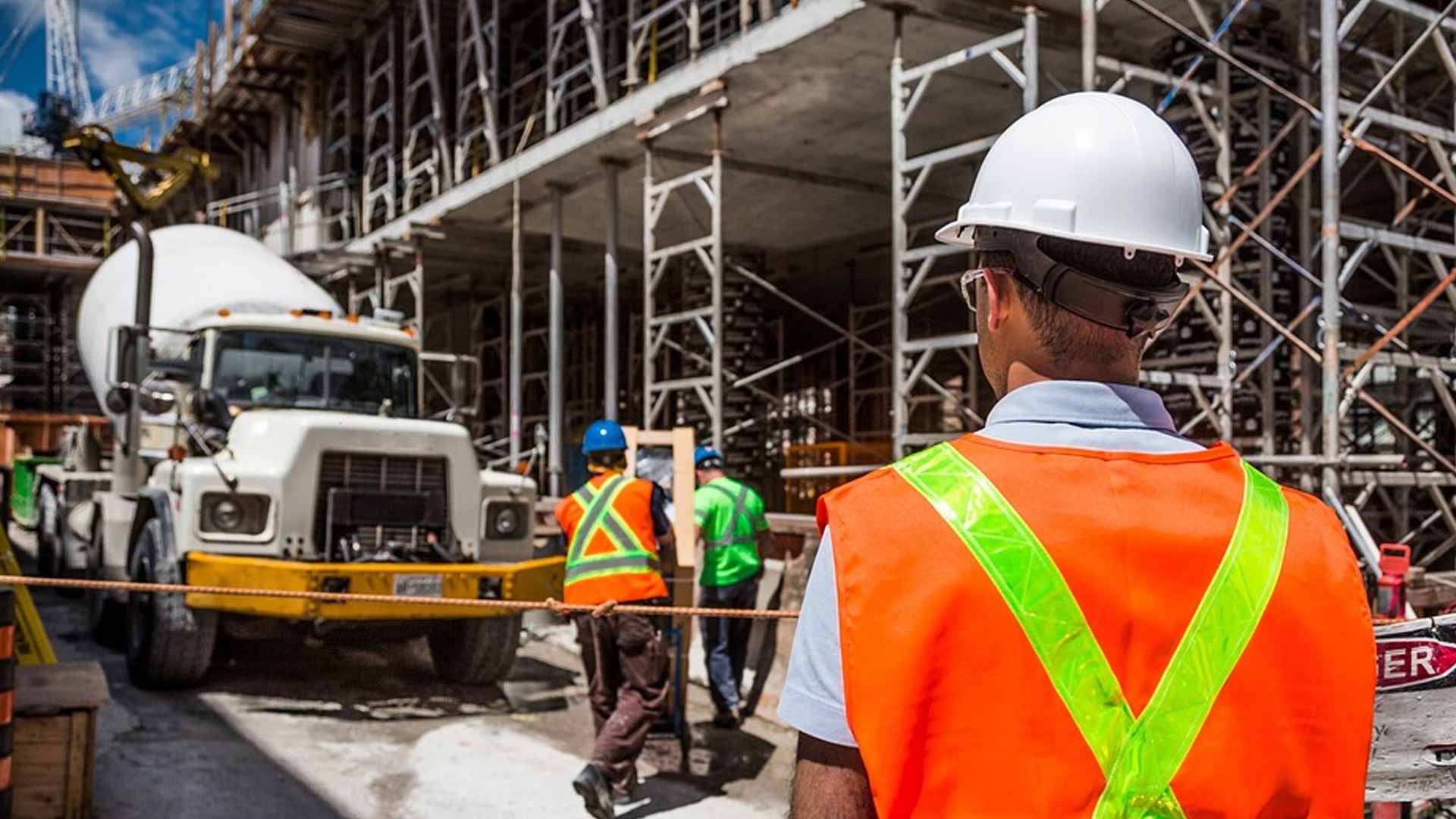If you are injured at work, there may be two options available for you to seek compensation for your injuries: workers’ compensation or a personal injury lawsuit. However, these options are very different from one another.
Working with a skilled Las Vegas personal injury attorney will help you determine which option to pursue, maximizing your chances of recovering compensation for your medical bills, lost wages, and pain and suffering. If you have been injured in workplace accident, contact us today to schedule a free, no obligation consultation.
What is Workers’ Compensation?
Workers’ compensation is an insurance program designed to compensate workers who are injured on the job.
Nevada employers with more than one employee must purchase workers’ compensation insurance. Injured employees may make a claim for workers’ compensation for medical treatment and lost wages from a work-related injury.
When filing for workers’ compensation, the injured employee does not have to show fault to seek benefits. It does not matter if the employer or employee, or a third party, was at fault for the injury.
If you are injured in a work-related accident, you may be entitled to several workers’ compensation benefits, such as:
- Lost wages
- Medical bills
- Vocational rehabilitation
- Permanent partial disability (PPD) or permanent total disability (PTD)
What is a Personal Injury Lawsuit?
A personal injury lawsuit is a legal action filed in court to seek compensation for an injury caused by someone else’s negligence. The case may be tried in front of a jury or settled prior to a trial.
In personal injury lawsuits, proving the fault of the negligent party is vital to the success of the claim. When filing a personal injury lawsuit, the plaintiff must prove the defendant’s fault. This is done by an attorney who works to collect the necessary evidence and present it via trial to the jury.
In a personal injury lawsuit, plaintiffs may recover the following damages:
- Medical bills
- Lost wages
- Pain and suffering
- Emotional distress
- Loss of companionship
Procedural Differences
Additionally, there are several procedural differences for how you file a workers’ compensation claim and a personal injury lawsuit.
Filing a Workers’ Compensation Claim
The steps for filing a workers’ compensation claim in Nevada begin when the injured worker notifies his or her employer that he or she has been injured on the job.
Your employer will then provide you with the appropriate forms required to initiate a claim. This includes the Notice of Injury or Occupational Disease, Form C-1, which you must complete and return to your employer within one week of being injured.
Additionally, you will need to see a medical practitioner following the accident and provide him or her with Form C-4, Employee’s Compensation Report of Initial Treatment. You must return this form to your employer within 90 days of your initial medical examination.
Your employer’s insurer will review your claim, including the circumstances behind your injury and the results of the medical practitioner’s initial exam. The insurer will then make a decision to approve or deny your claim.
If you are unsatisfied with the insurer’s decision, you can appeal a denied workers’ compensation claim with the Division of Industrial Relations within 70 days.
Filing a Personal Injury Lawsuit
The process to file a personal injury lawsuit, however, is much different than a workers’ compensation claim.
In Nevada, a personal injury lawsuit must be filed in Nevada court. The victim will serve the at-fault party with the lawsuit, and the at-fault party will have the opportunity to file his or her own documents with the court.
Records may be requested and depositions will be conducted to gather evidence in preparation for trial. The case may go to trial before a jury or settle privately before the case reaches court.
Can I Pursue Workers’ Compensation and a Personal Injury Lawsuit?
Nevada’s workers’ compensation law prevents an employee injured in a work-related accident from filing a lawsuit against his or her employer, even if it was at fault for the injury.
However, this does not mean an injured employee cannot file a personal injury lawsuit against a third party to seek additional compensation.
A third-party lawsuit can be filed against any person or entity involved in a workplace accident that is not the injured worker’s employer.
For example, an employee who was injured in a workplace accident caused by faulty machinery may be able to file a lawsuit against the machine’s manufacturer for selling a defective product.
Likewise, if an employee is injured in a work-related car accident while performing a work-related task, he or she may be able to file a third-party lawsuit against the at-fault driver.
Contact Our Las Vegas Lawyers Today
If you were injured in a work-related accident in Nevada, do not hesitate to contact the Las Vegas workers’ compensation attorneys at Henness and Haight.
We can help you understand the difference between a personal injury lawsuit and workers’ compensation. Our legal team will evaluate your situation and determine if you have options to pursue compensation for your medical bills, lost wages, and pain and suffering.
Schedule a free, no-obligation consultation today to find out which option is right for your situation. We accept cases on contingency, so you only owe legal fees if we help you recover compensation.
